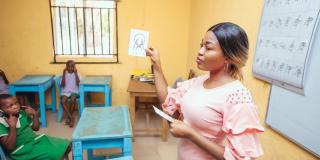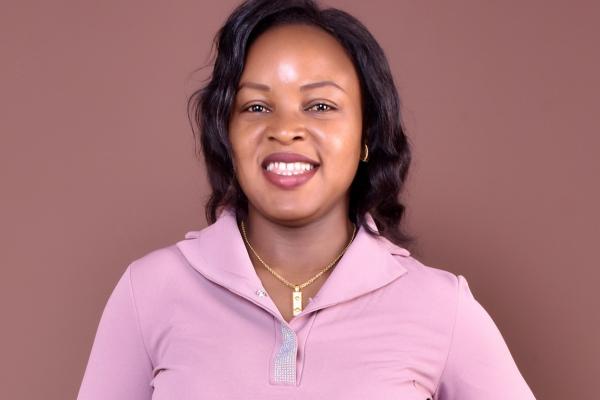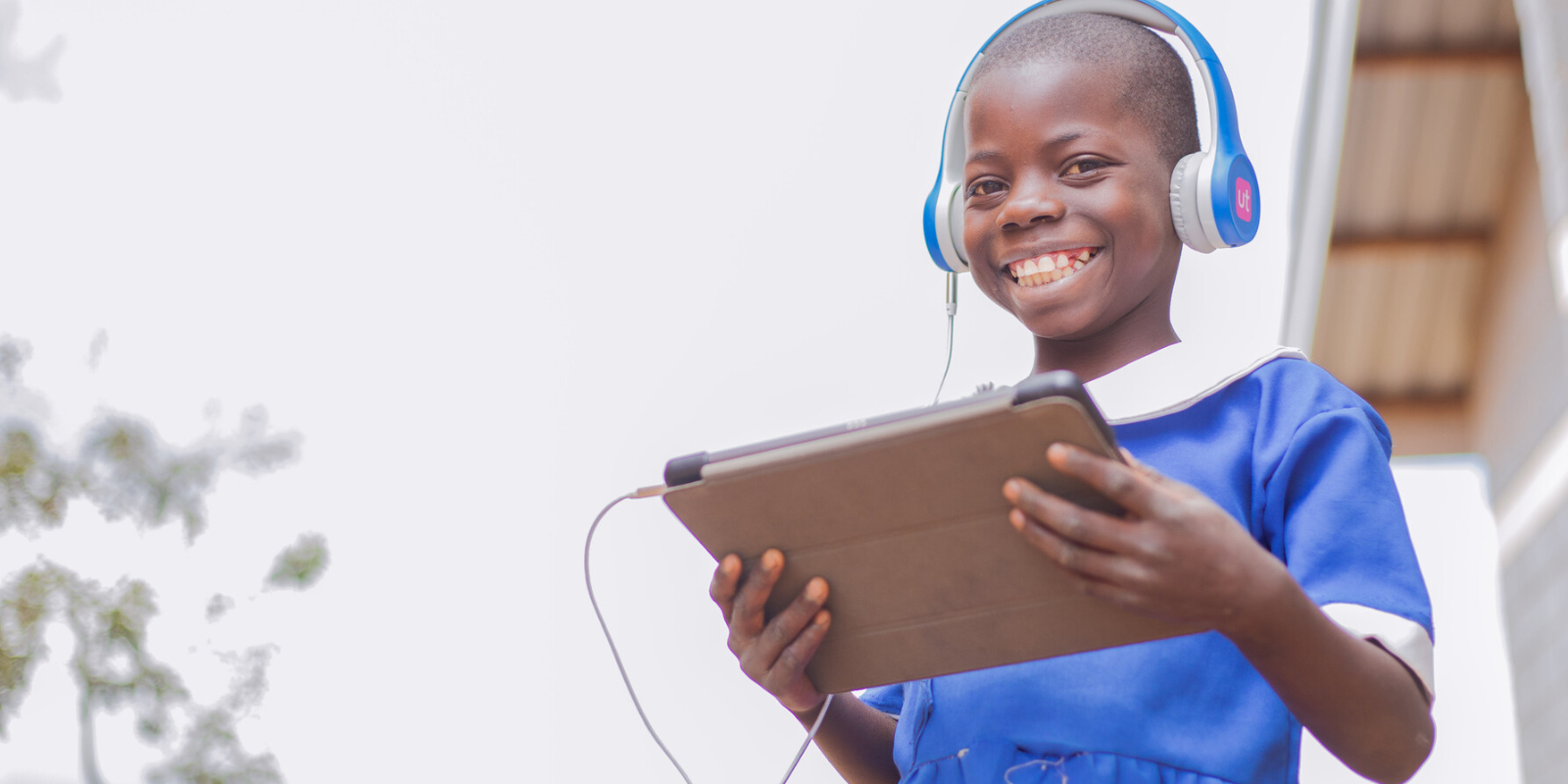
From the classroom to national television, Nigerian volunteer Uzoamaka is making sure people with disabilities are not forgotten.

As a child, I knew two or three people with disabilities and I witnessed the discrimination they faced. When they visited me at home, my mum would send them away and say that they shouldn’t come close, but I didn’t understand why. I always felt bad, and said, “Mum, don’t do that.”
As I grew up, I loved teaching and wanted to teach maths. However, instead of getting the course I wanted, I was offered a sign language course. I was disappointed at first but the head of the course encouraged me. When I graduated, I used sign language everywhere and realised I had a passion for it.
After graduating, I taught teachers sign language and interpreted for Deaf students in a secondary school. I started teaching them simple signs and letters of the alphabet, dispelling some myths along the way. Some people in Nigeria think that if you use sign language you will become deaf later in life!
Before, teachers would focus on the best and brightest children and then move on with the curriculum. I’m proud of the knowledge I shared with the teachers, knowing now that the children in their classrooms won’t be left out.
Uzoamaka Onyinye Didigw“To turn on the TV and see someone doing sign language, there’s this huge feeling of inclusion.”
Volunteer, Nigeria

In 2019, I volunteered with VSO as a sign language professional where I helped to train 28 volunteers, 100 teachers and over 1,000 people to learn sign language. Volunteering with VSO was an eye-opener, helping me fulfil my dreams of teaching and reach people who had been forgotten.
When the COVID-19 pandemic hit, people were talking about how to stay safe, but people with disabilities didn’t know what to do. I made a video using sign language to raise awareness of the health precautions, which was broadcast on national television in Nigeria, viewed by thousands of people.
Government officials never normally notice those with disabilities and people can feel relegated to the background. For someone to turn on the TV and see an interpreter using sign language creates a huge feeling of inclusion.
Now, my goal is for people with disabilities to reach a level of equity with their hearing counterparts. Everyone should learn sign language - you never know when you might meet someone with a hearing impairment!
Our education projects
Find out more about our current and former projects helping to ensure inclusive education for all.

Support us with a donation
Read more

A ripple of change: how VSO volunteers are transforming communities
Every act of volunteering begins with a choice — a decision to act out of a desire to make a difference. Across the world, VSO volunteers are proving that one spark of action can ignite something much bigger.

The two volunteers empowering girls and young women in Mozambique
Nelma and Carmirene and are two volunteers working on VSO's EAGLE project in Mozambique. For Nelma and Carmirene, education is not just about school, it is about meeting people where they are and using the right tools to challenging harmful norms. Here are their stories.
Opening doors to safety, education, and a brighter future
For girls in Karamoja, the poorest region in Uganda, being forced into early motherhood is all too common. This Christmas, you can open the doors to Safety, Education, and a Brighter Future.
